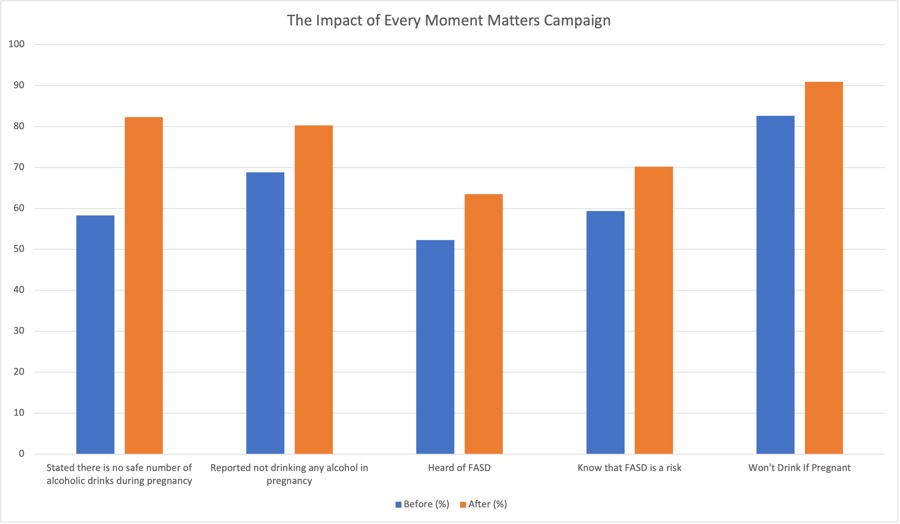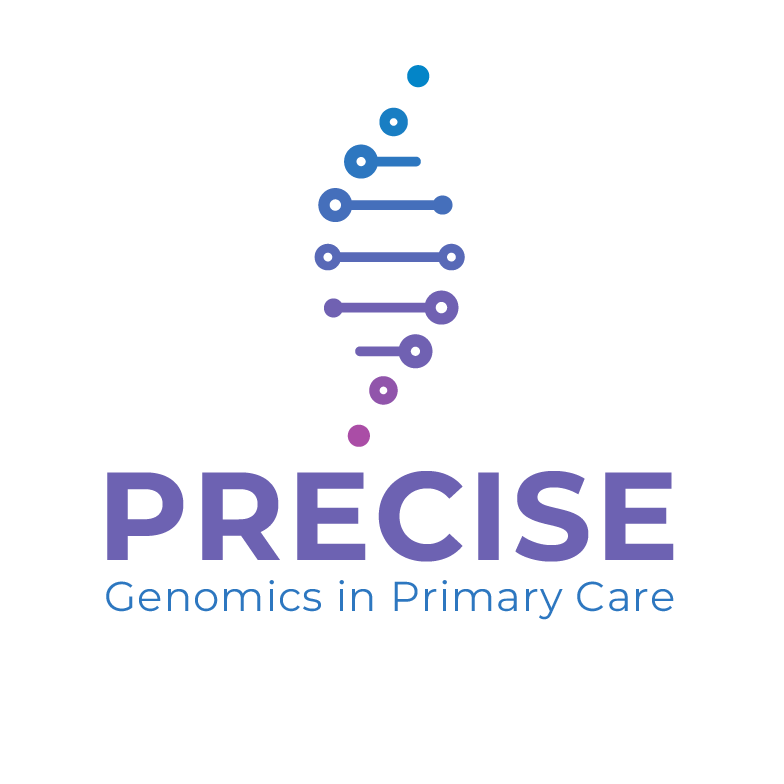Every moment matters in asking about alcohol in pregnancy
Understanding The Impact Of Alcohol In Pregnancy
There is a lot of misinformation about alcohol and pregnancy.
The Foundation for Alcohol Research and Education (FARE) has developed Every Moment Matters, a national health campaign supporting alcohol-free pregnancies and safe breastfeeding practices.
National Guidelines: Keeping Pregnancies Alcohol-Free
The campaign is based on the updated National Health and Medical Research Council’s Australian Guidelines to reduce health risks from drinking. The Guidelines state:
-
women who are pregnant should not drink alcohol
-
women who are breastfeeding, not drinking alcohol is safest for their baby
The Impact Of Every Moment Matters Campaign
The results of the ongoing external evaluation of the campaign demonstrate it is making a difference, with surveys of the target audience finding that between January 2022 and March 2023:
-
82.3% of respondents stated there is no safe number of alcoholic drinks that can be consumed during pregnancy (up from 58.3%)
-
80.3 % of respondents reported not drinking any alcohol in pregnancy (up from 68.8%)
-
63.5% of respondents have heard of FASD (up from 52.3%)
-
70.2% of respondents now know that FASD is a risk of alcohol consumption in pregnancy (up from 59.4%)
-
90.9 per cent of respondents said they will not drink alcohol if they become pregnant (up from 82.6 per cent).

As a health professional, you play a crucial role in supporting families and providing advice about alcohol, pregnancy and breastfeeding.
Free Accredited E-Learning Course
The Every Moment Matters eLearning course aims to support health professionals to provide advice based on the latest research and evidence.
The course is free and accredited by the Royal Australian College of General Practitioners (RACGP), the Australian College of Midwives (ACM), the Royal Australian and New Zealand College of Obstetricians and Gynaecologists (RANZCOG) and the Australian College of Rural and Remote Medicine (ACRRM).
Positive Feedback From Health Professionals
-
93% strongly recommend the course
-
92% identified it as highly relevant
-
91% recommended it to their colleagues
Enhancing Confidence And Knowledge
Health professionals also reported increases in their:
-
Confidence in providing advice about alcohol & pregnancy, (from 61% to 87%)
-
Confidence in providing advice about alcohol & breastfeeding (from 54% to 90%)
-
Knowledge about referring for further support (from 44% to 76%)
Enrol for the course now, and learn more about Every Moment Matters.
References
-
Caruso, J., Ellis, R., Miller, C., Bowden, J. National Awareness Campaign on Alcohol, Pregnancy, Breastfeeding and Fetal Alcohol Spectrum Disorder (FASD): Preliminary Impact of the Every Moment Matters Campaign on knowledge and behavioural intentions: South Australian Health and Medical Research Institute. Adelaide, Australia: May 2023.
-
Mattson SN, Bernes GA, Doyle LR. Fetal alcohol spectrum disorders: A review of the neurobehavioral deficits associated with prenatal alcohol exposure. Alcohol Clin Exp Res. 2019; 43(6): 1046-1062.
NHMRC Australian guidelines to reduce health risks drinking alcohol 2020 https://www.nhmrc.gov.au/about-us/publications/australian-guidelines-reduce-health-risks-drinking-alcohol

Become a member and get unlimited access to 100s of hours of premium education.
Learn moreGenetic testing in general practice: Dr. Alan Ma explains which tests GPs can order, when to refer, and how the PRECISE portal supports confident testing and referral decisions.
MyMedicare is now part of routine general practice, with practical implications for billing, continuity of care, and practice systems. This FastTrack clarifies important points regarding eligibility, impacts on the GPCCMP billing, and how to avoid rejected claims. 30mins each RP and EA available.
Genomics is now part of everyday general practice. The PRECISE Genomics in Primary Care hub gives Australian GPs fast, practical tools to recognise genetic red flags, guide testing and support timely referrals.


